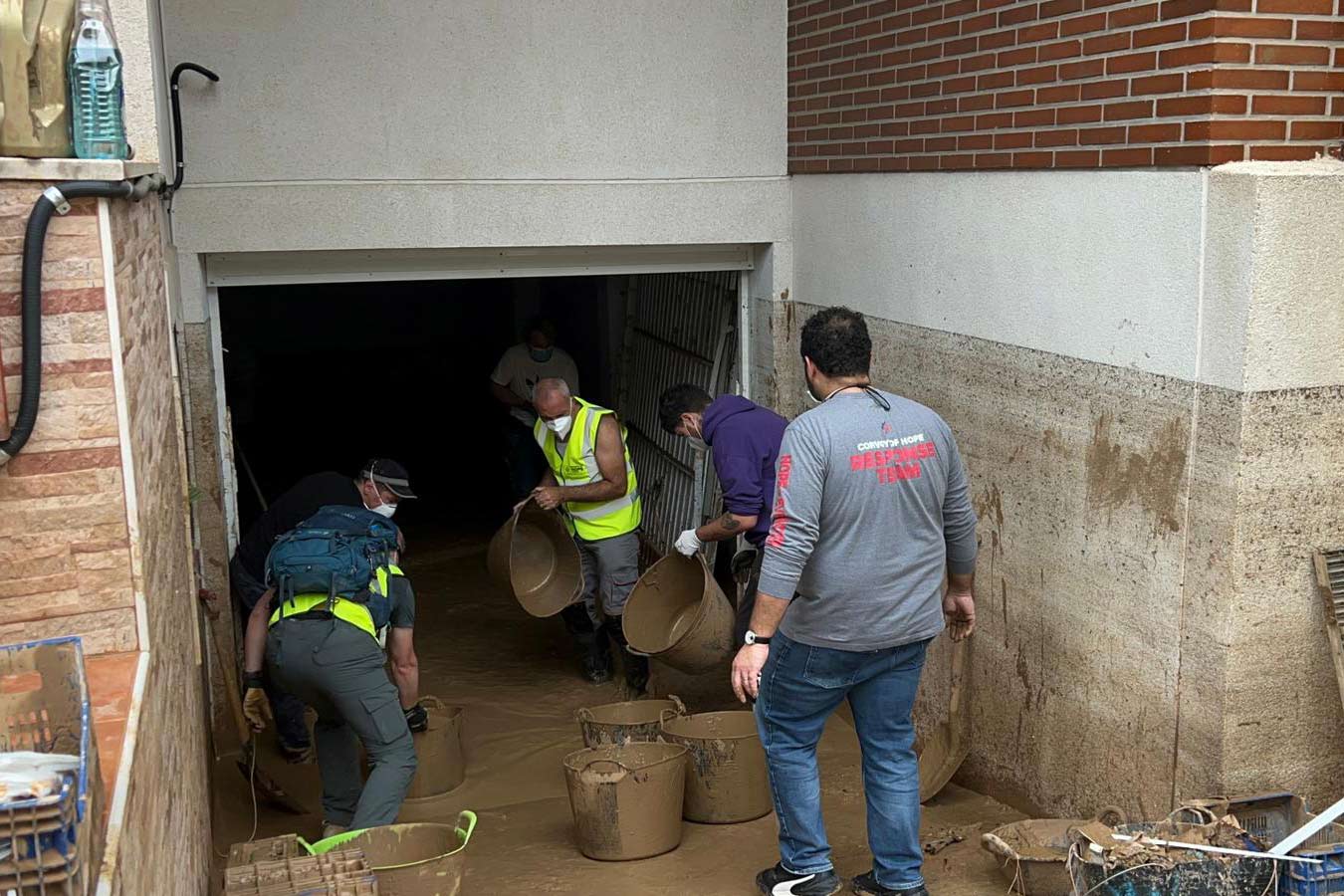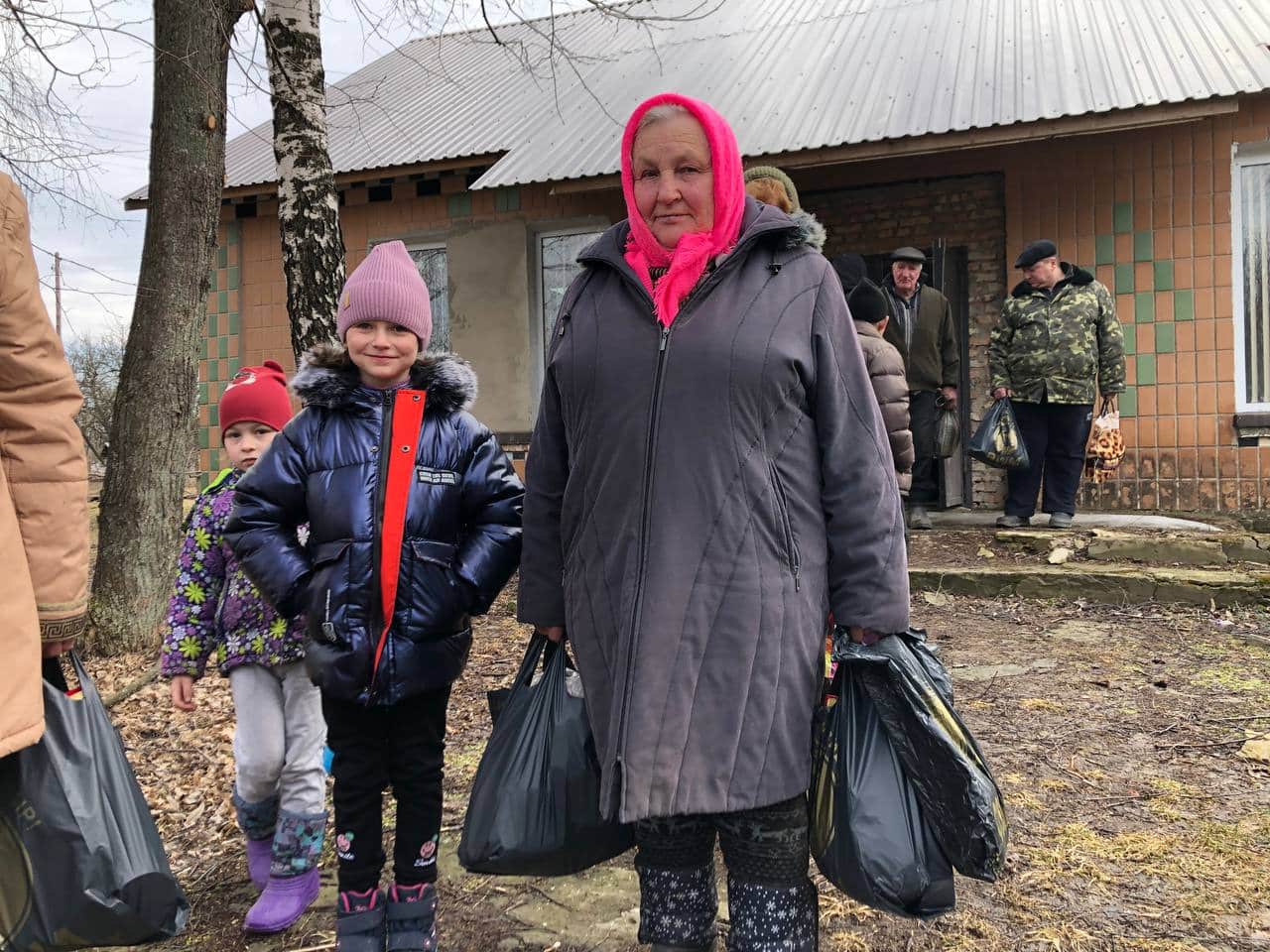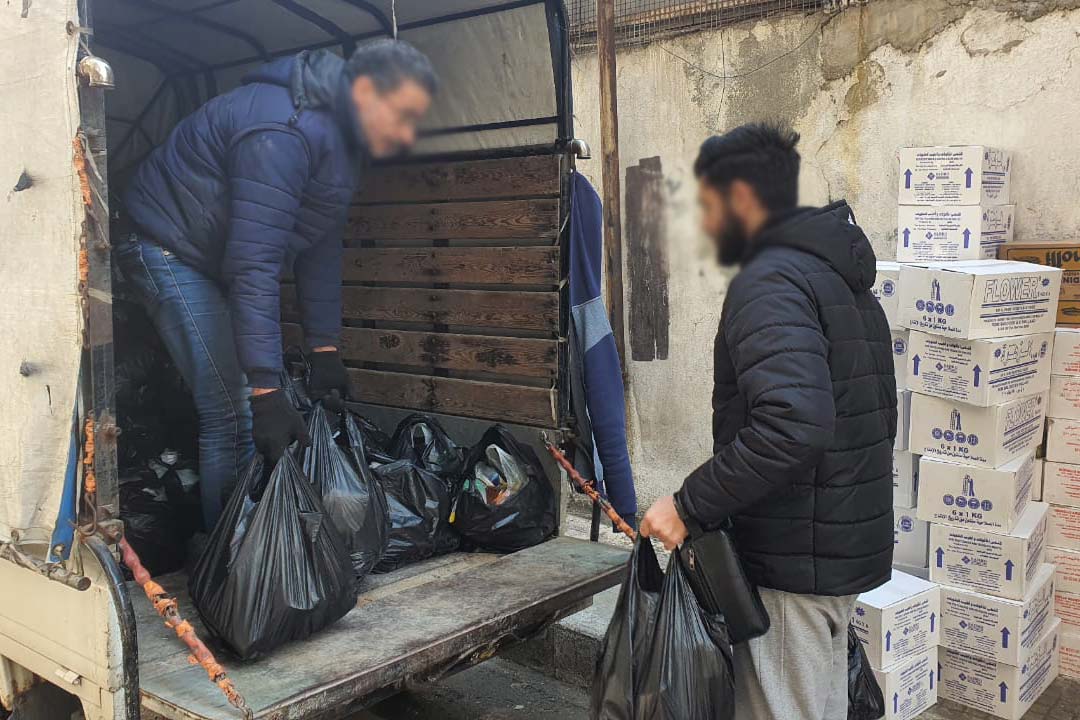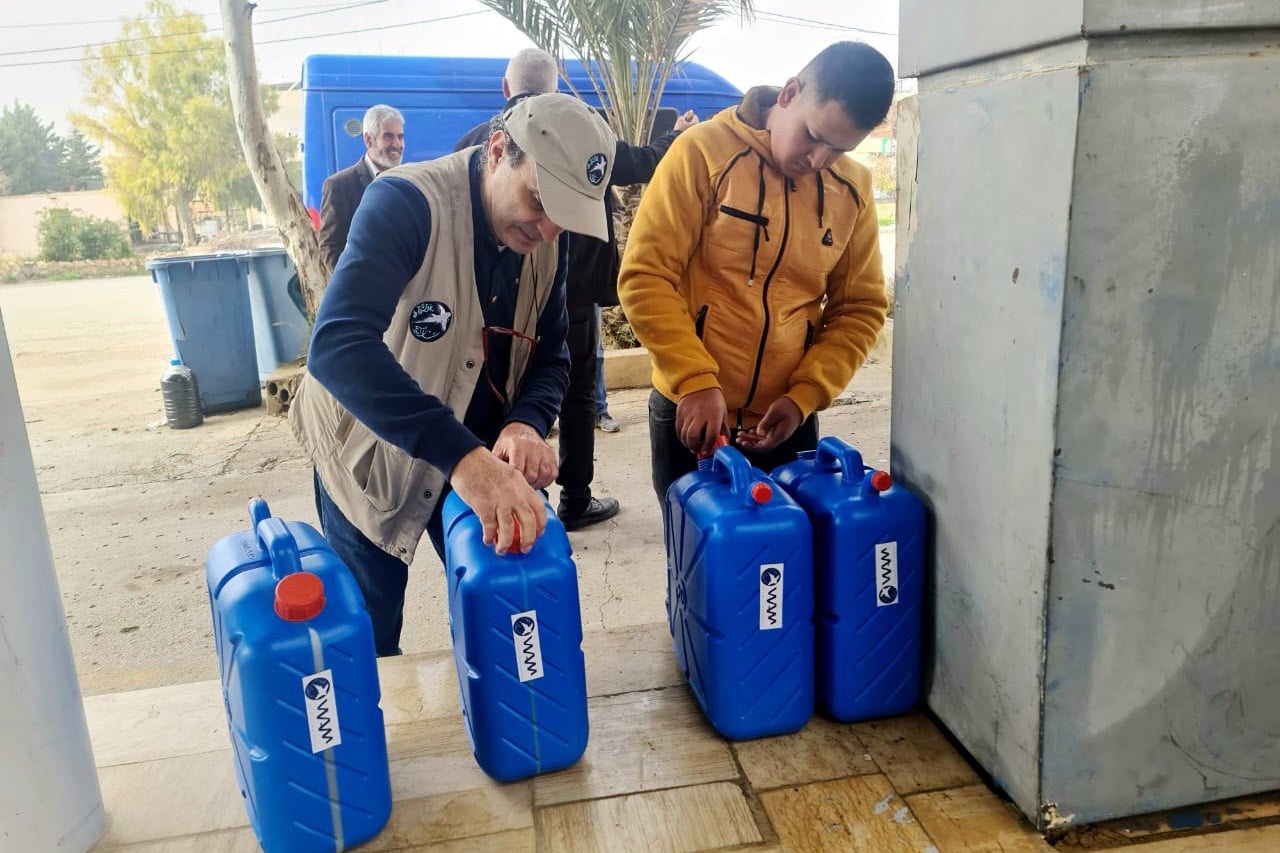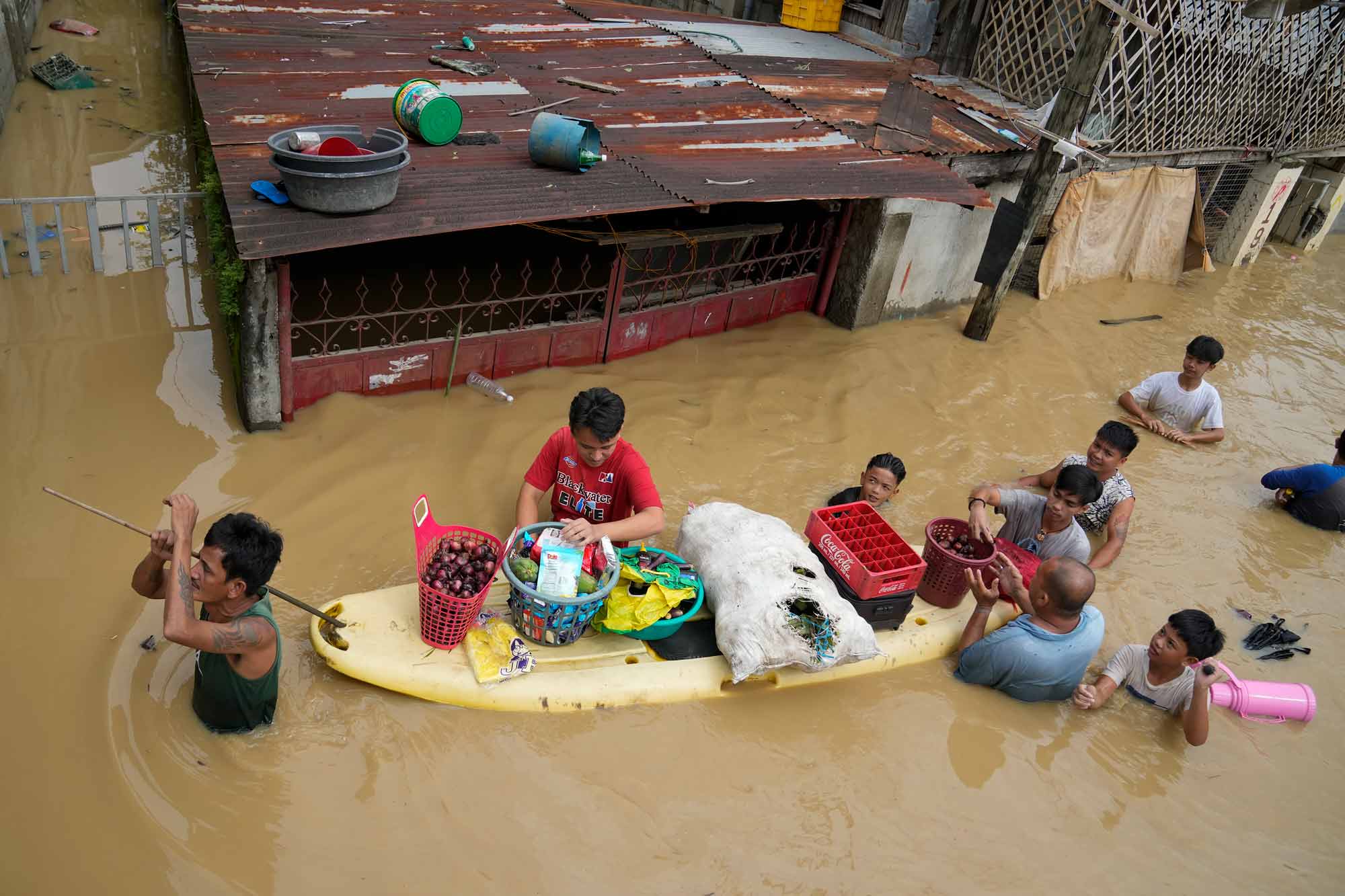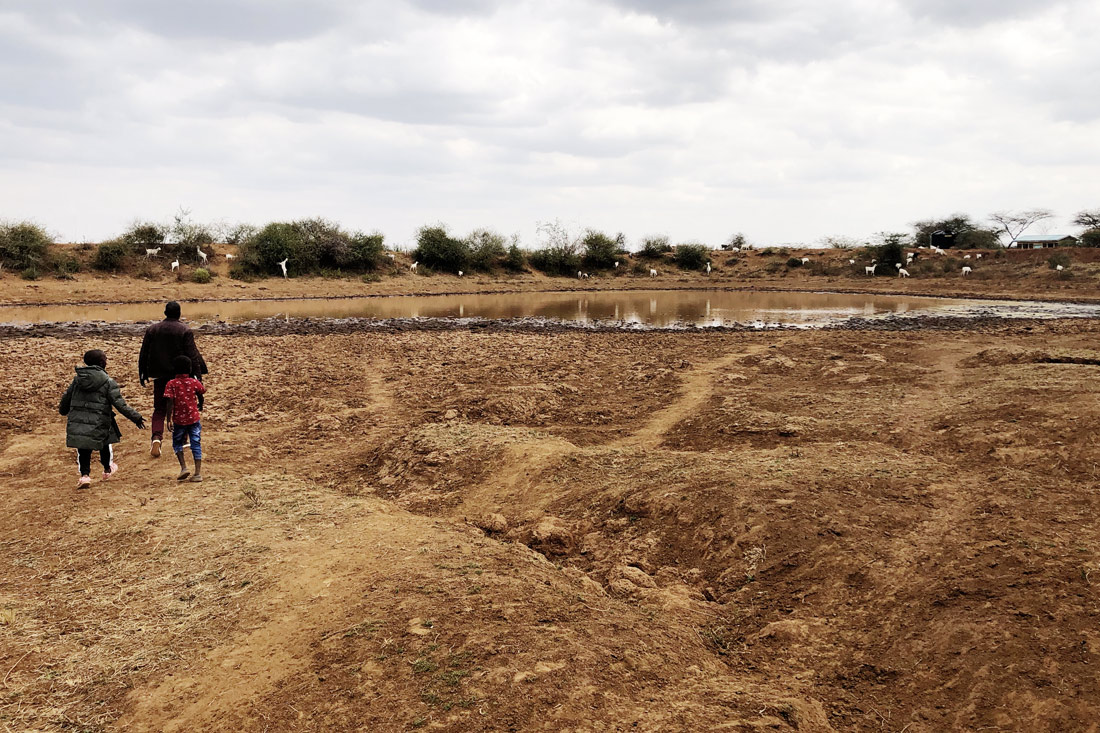Millions Could Die Due to Impending Famine in Africa
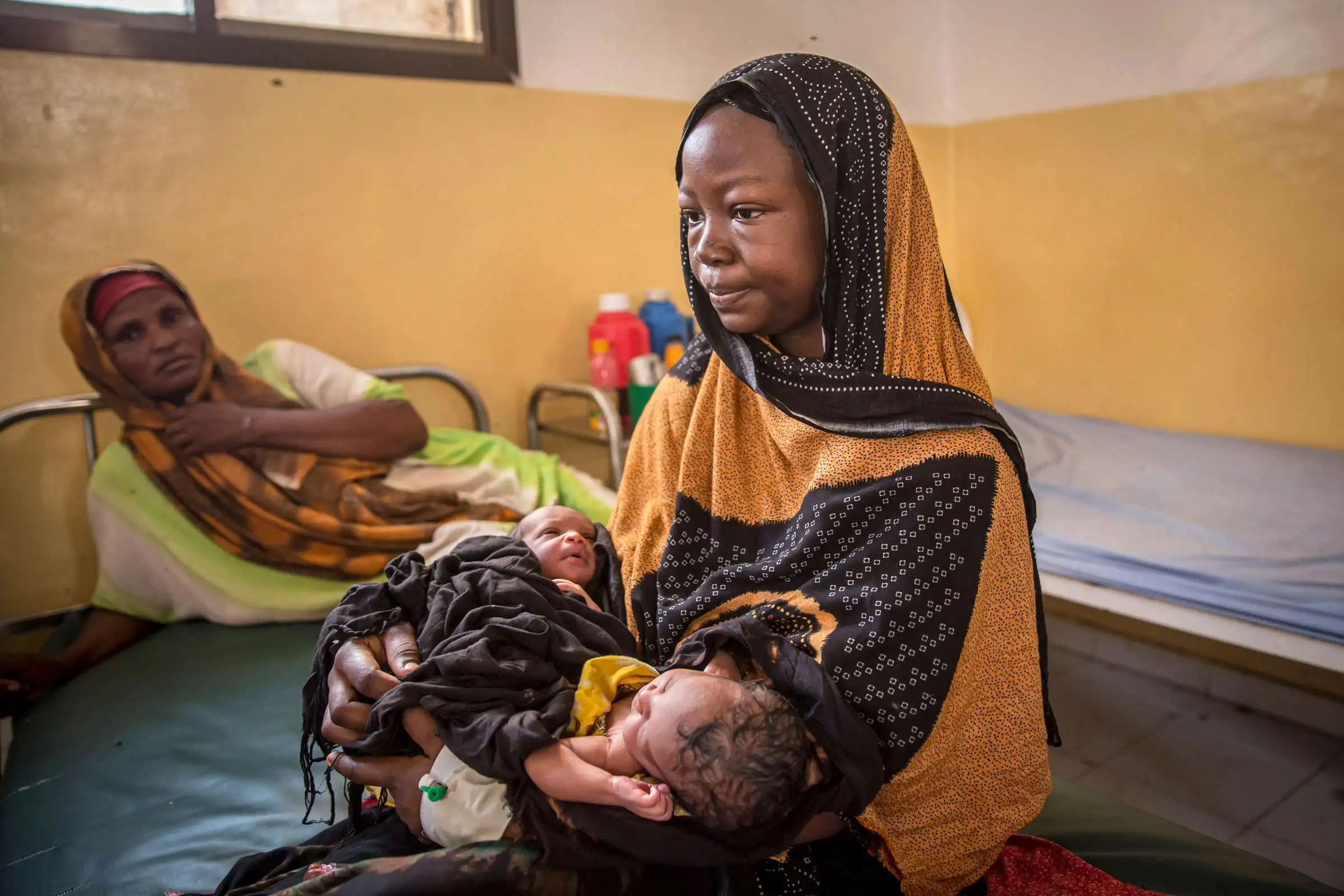
Photo above: Hane Issack, 19, gave birth to twins but worries about how she will feed them. (Photo by Sally Hayden / SOPA Images/Sipa USA)(Sipa via AP Images)
Millions of people — specifically in Kenya, Ethiopia, and Somalia — could die from impending famine in Africa, according to The International Rescue Committee (IRC). The IRC recently issued its first-ever “Crisis Alert” warning on the dire situation.
“By the time a famine is officially declared later this year,” the organization said, “it will be too late to save hundreds of thousands of lives.”
“Convoy’s role is critical because of the speed, agility, and expansive global network we use to serve people in dire need.”
Heath Adamson, Convoy’s Senior Vice President of Global Program
Convoy of Hope has been responding to hunger in the region for years. It will continue to do so in the midst of ever-growing needs.
“Our intervention is vital because this is a real, urgent, pressing crisis,” said Convoy’s Dr. Heath Adamson. “Economic systems and governmental structures are not always enough to serve those steeped in hopelessness. Convoy’s role is critical because of the speed, agility, and expansive global network we use to serve people in dire need.”
A Slow-Onset Disaster
The impending famine has been developing for years. After four failed rainy seasons, the number of people going hungry in the Horn of Africa will surpass 20 million by September. According to the IRC’s report, more than 3 million people are already experiencing the most extreme levels of hunger.
The war in Ukraine has made matters even worse. Kenya, Ethiopia, and Somalia all import roughly 90% of their grain from Russia and Ukraine. Only until recently, grain exports were halted because of the conflict.
“There is nothing natural about famines in the 21st century,” IRC CEO David Miliband said in a statement. “While a complex set of factors are driving extreme hunger, the slide into famine and mass death is man-made, driven by international inaction. This crisis was predictable and preventable. It has been unfolding over two years of repeated warnings and worsening hunger. What we are witnessing is an unnatural disaster of catastrophic proportions.”
Convoy’s Response
Convoy, already serving in Ethiopia and Kenya, saw the warning signs of drought and the potential for famine years ago. Convoy has also added South Sudan to the list of countries it serves.
“We are not naive — the problem is greater than any one organization can solve,” said Adamson. “But Convoy’s commitment to engage early and strong presence in Eastern Africa makes it possible for the end of the story to be rewritten for those we serve.”
The crisis in Eastern Africa is complex, involving supply chain upheavals, disruption in food shipments from Ukraine, climate shock, radicalism, and the exploitation of the poor. However, Convoy’s commitment has always been to help save lives and bring hope to as many people as possible. What is occurring in Africa is no exception.
To support Convoy of Hope’s work in Africa addressing the widespread food crisis, click here.

